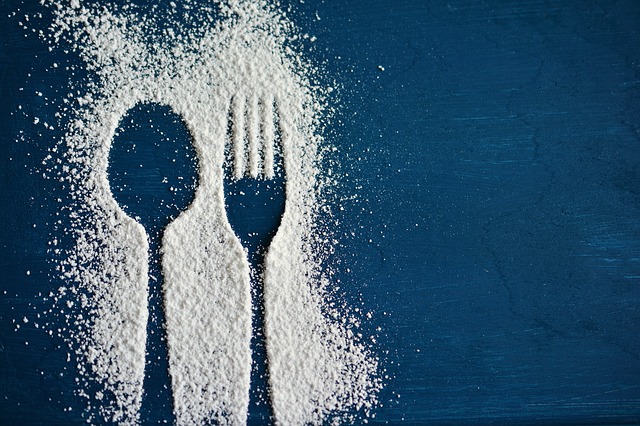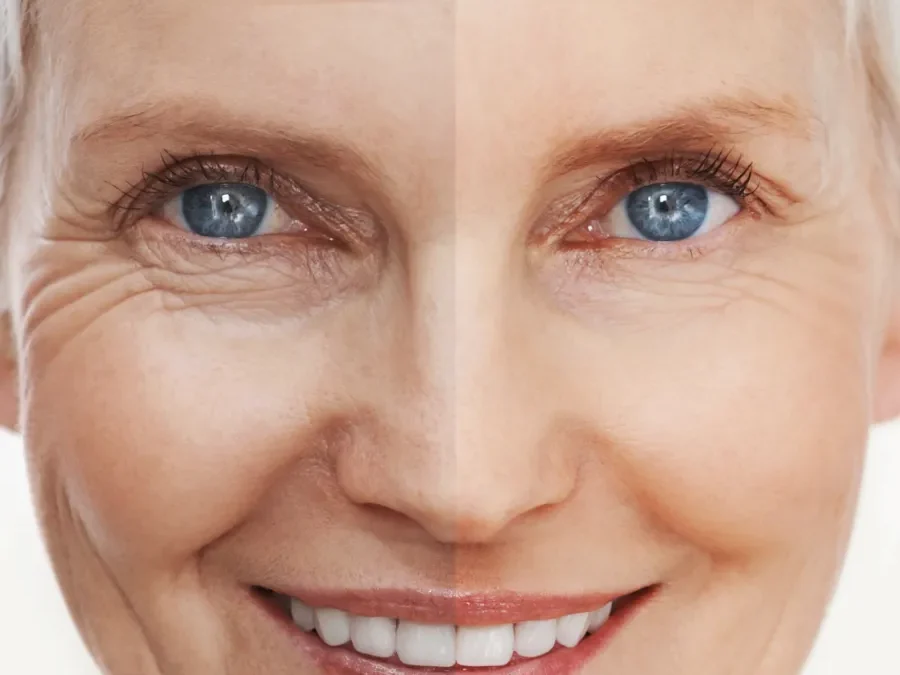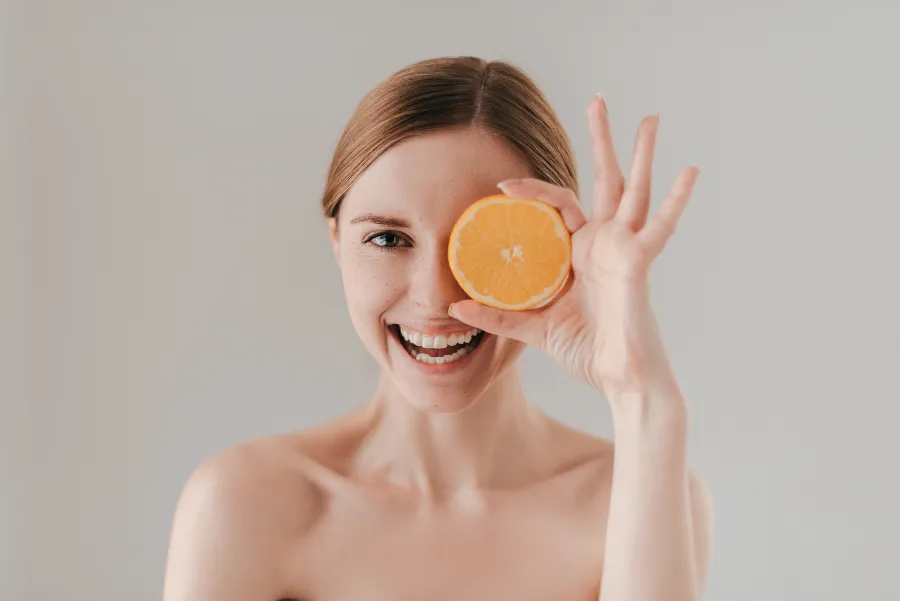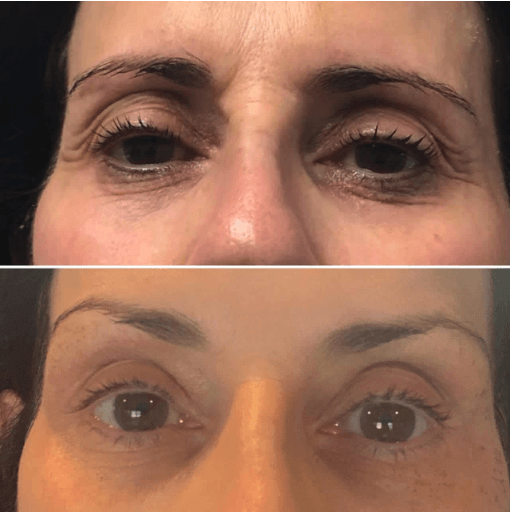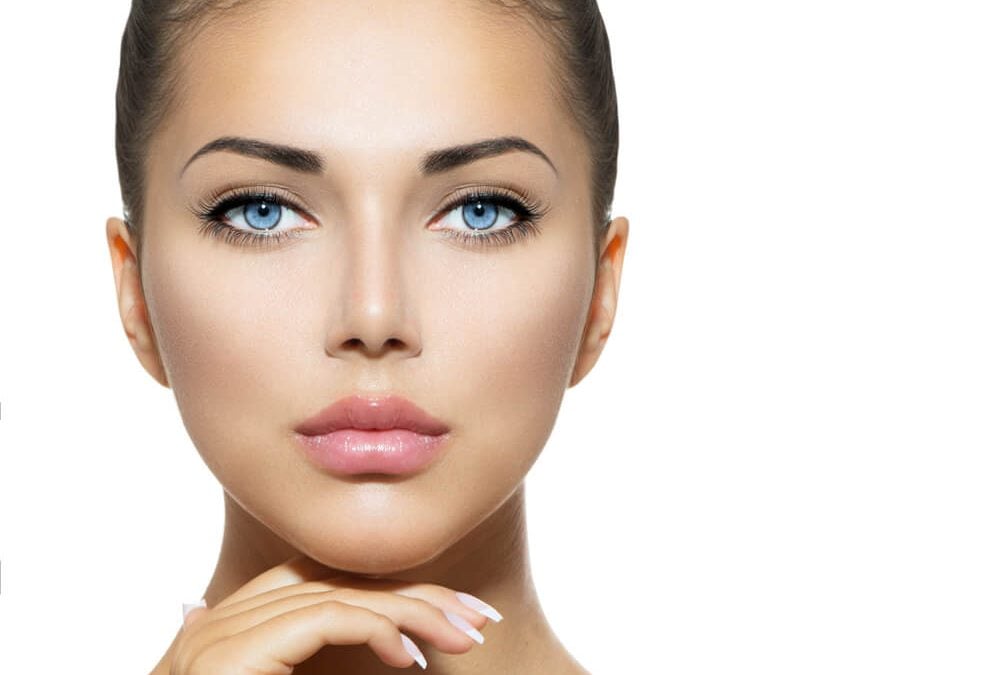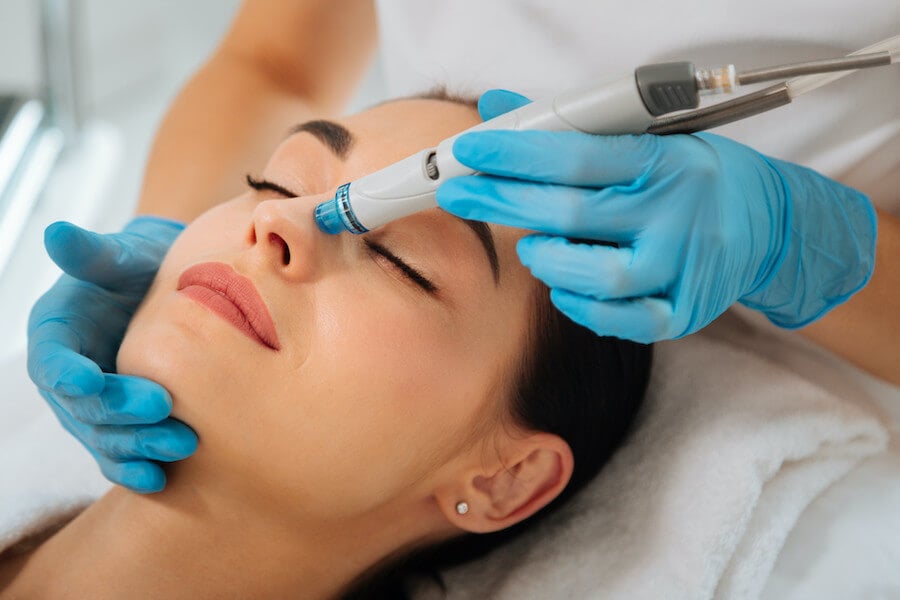There is a new term in the skincare word and maybe you’ve heard it. The word is glycation and it refers to the way sugar affects aging. Estheticians spend most of our time treating the epidermis and trying to educate our clients on the importance of sun protection and anti aging ingredients, but now we’re starting to understand how the foods we eat affect the underlying tissue.
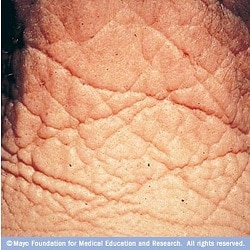
Diabetics tend to have the greatest rate of glycation, but everyone is at risk for this skin condition. “Glycation occurs in the dermis, amd is the process whereby reactions between sugars and proteins lead to intra-molecular cross-links called advanced glycation end products (AGEs).” The process of this crosslinking inhibits the body from protecting against oxidative stress (aging is oxidation of the skin- think of how rust occurs). The result is that our collagen proteins and elastin become stiff and lose the elasticity that gives our skin its plumpness and spring.
So, what do we do?
First, cut down on the sugar intake. We already know that it has no nutritional value and now we know it makes us age!
Second, look for anti glycation ingredients. Here are a few to get you started: carnosine-L-benfotiamine, hyaluronic acid, bilberry oil, jojoba oil, aloe vera, and honey (used topically, honey cannot penetrate the skin or increase the risk of glycation).
Another thing that has found to be helpful is using silk pillowcases, drinking lots of water and applying spf daily.

